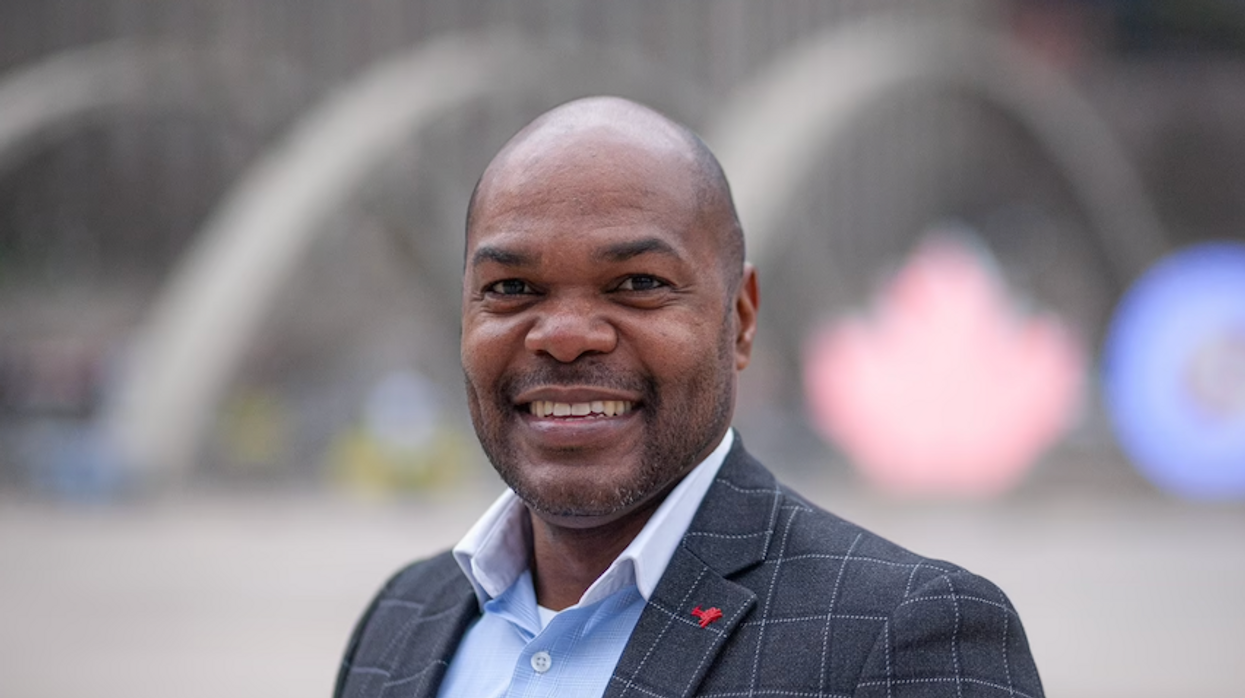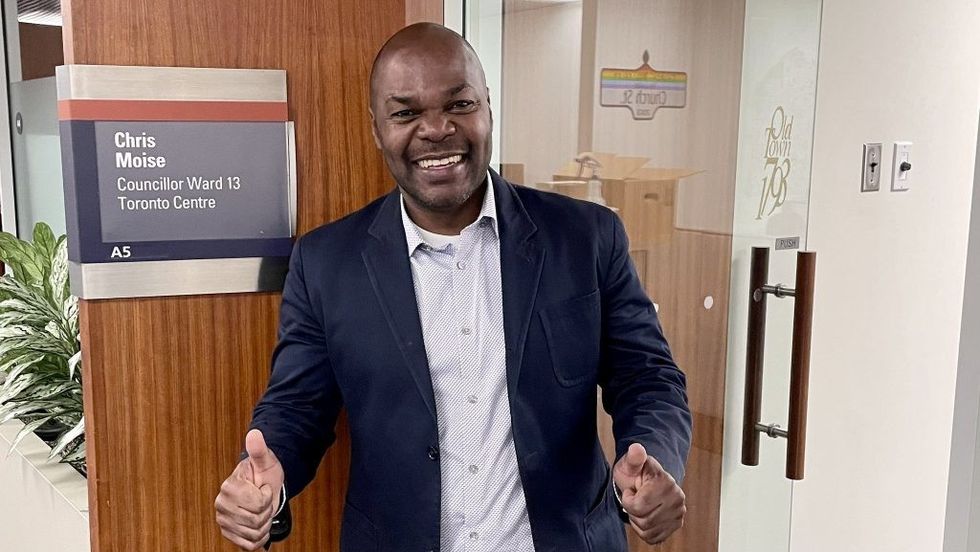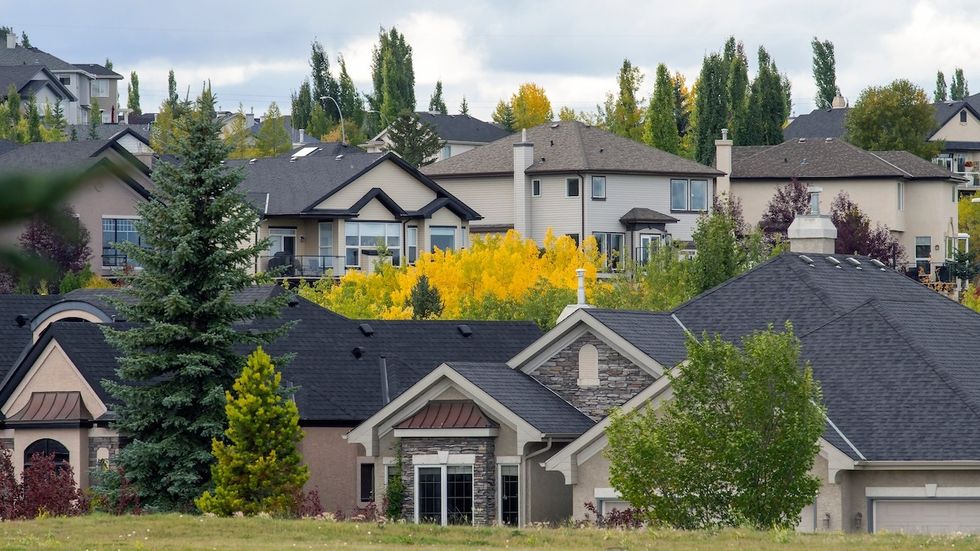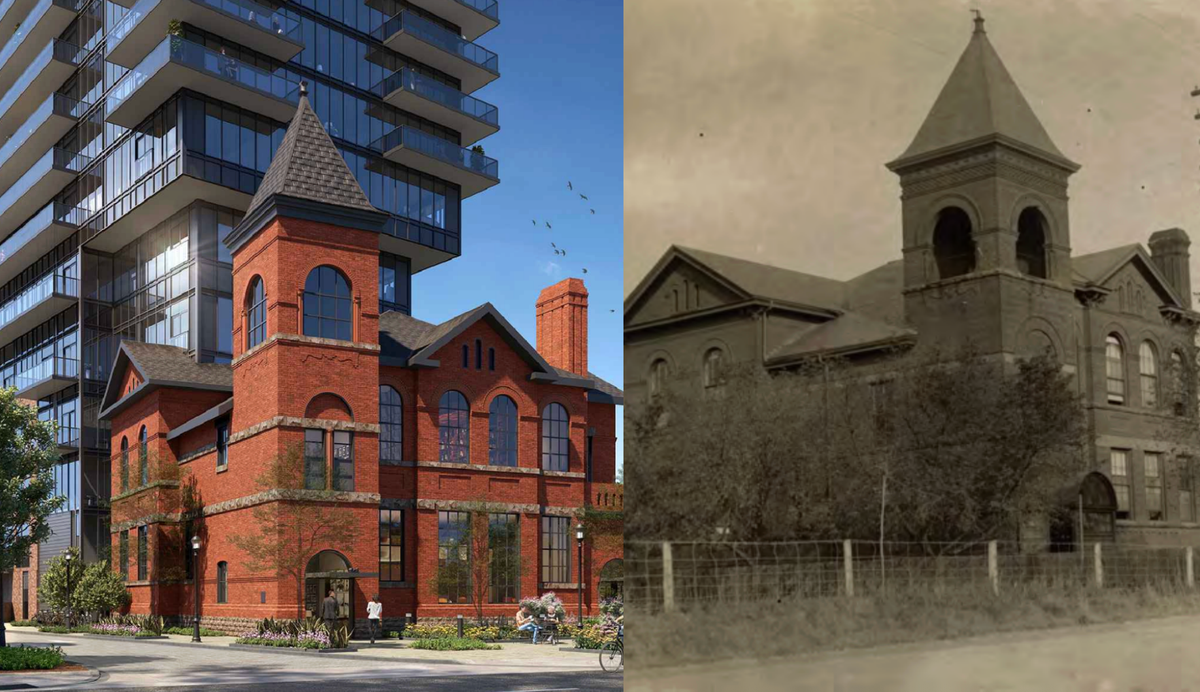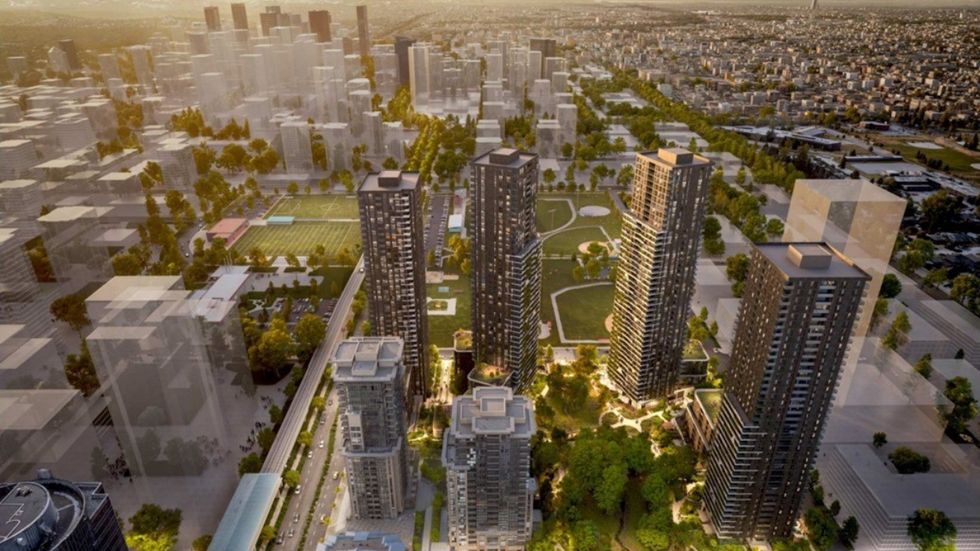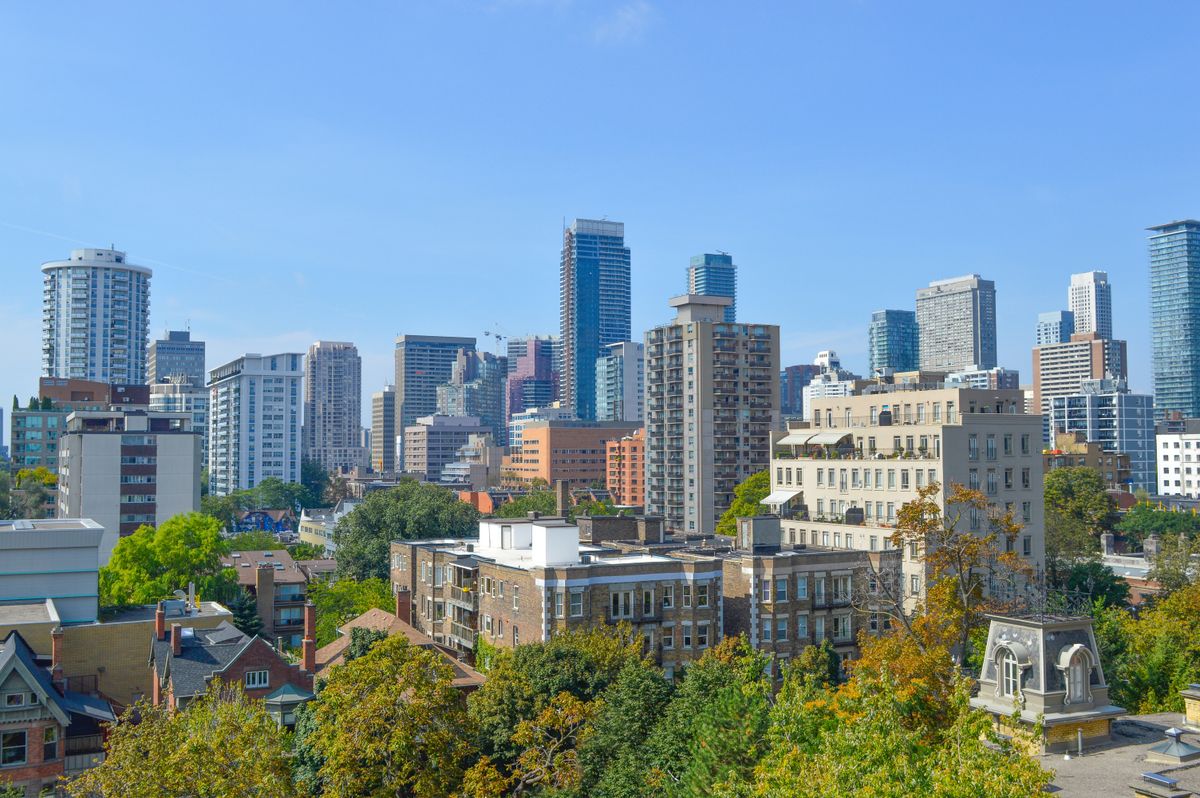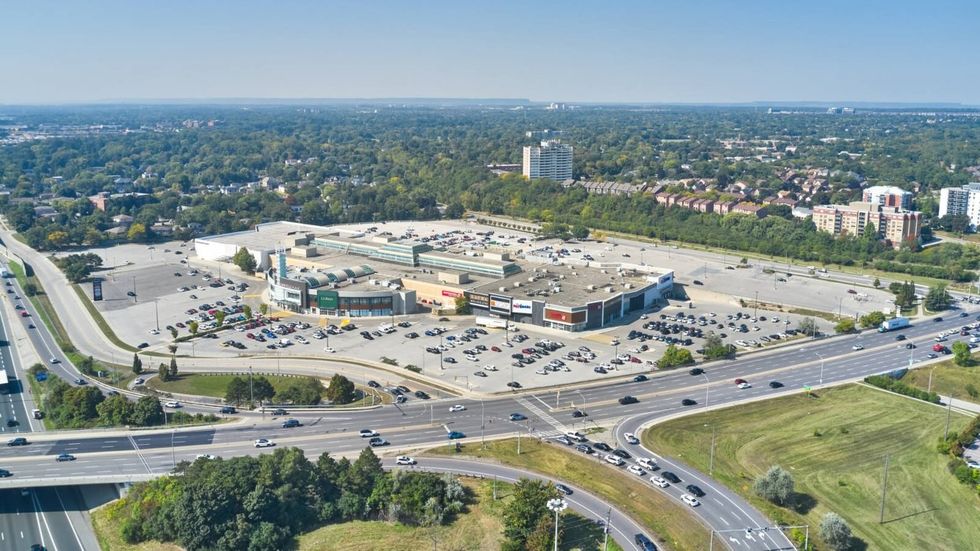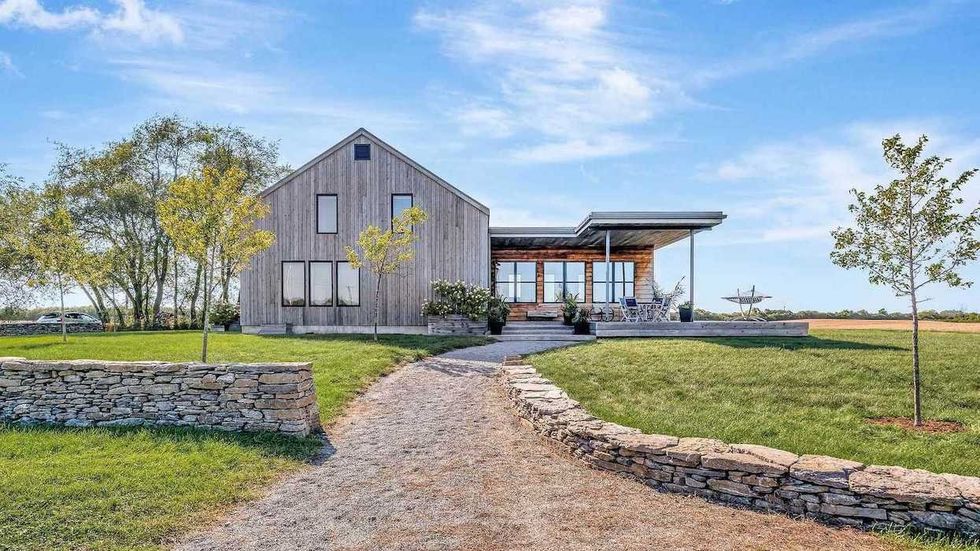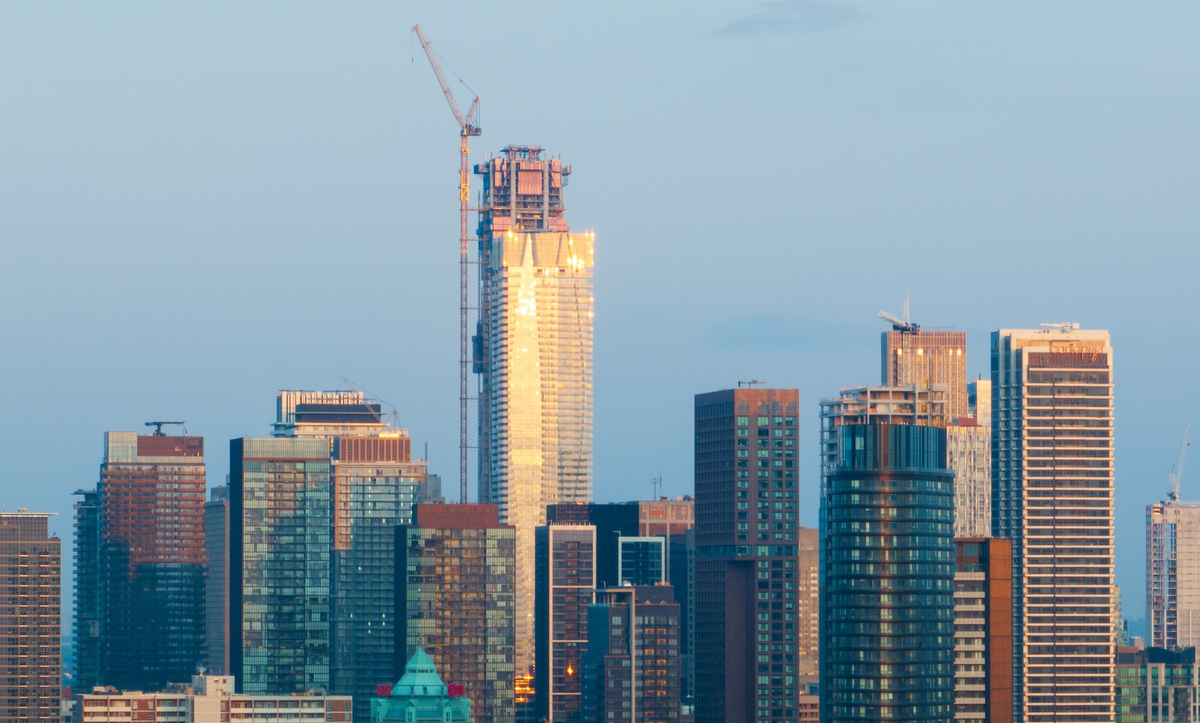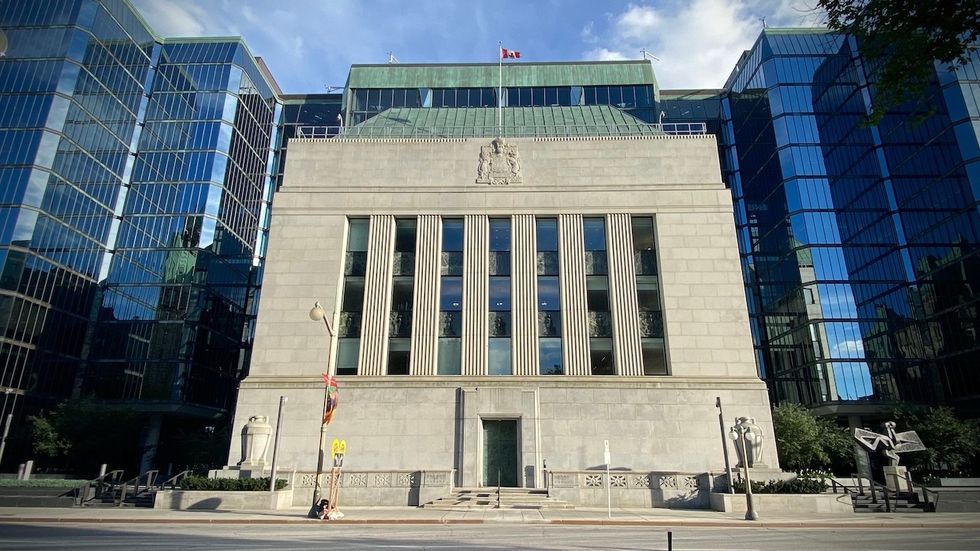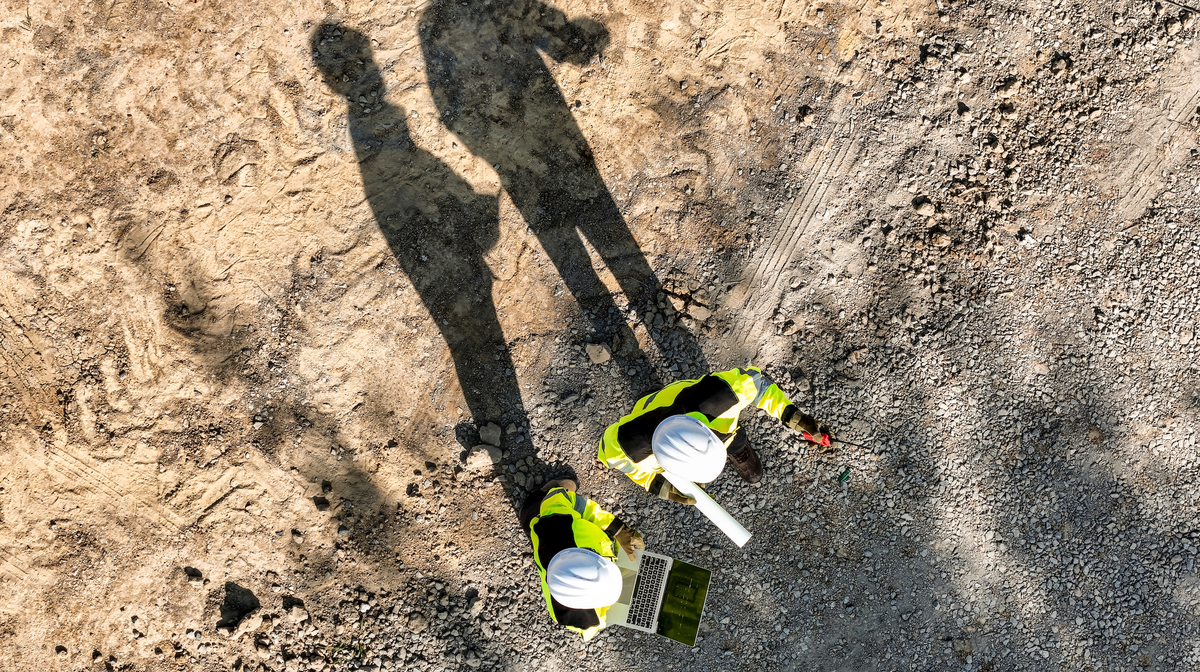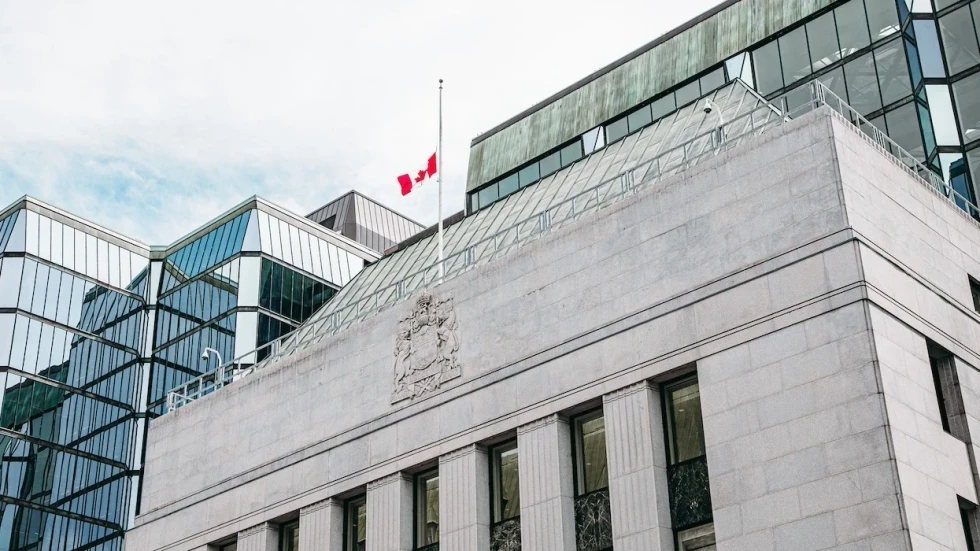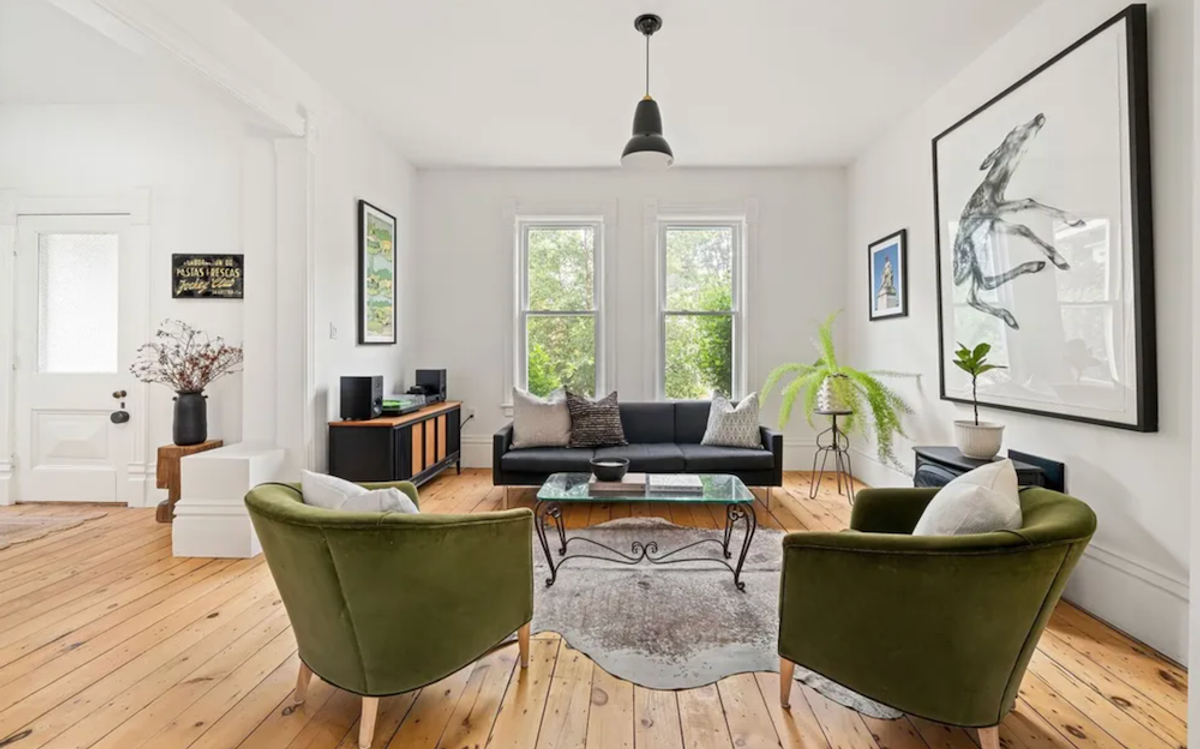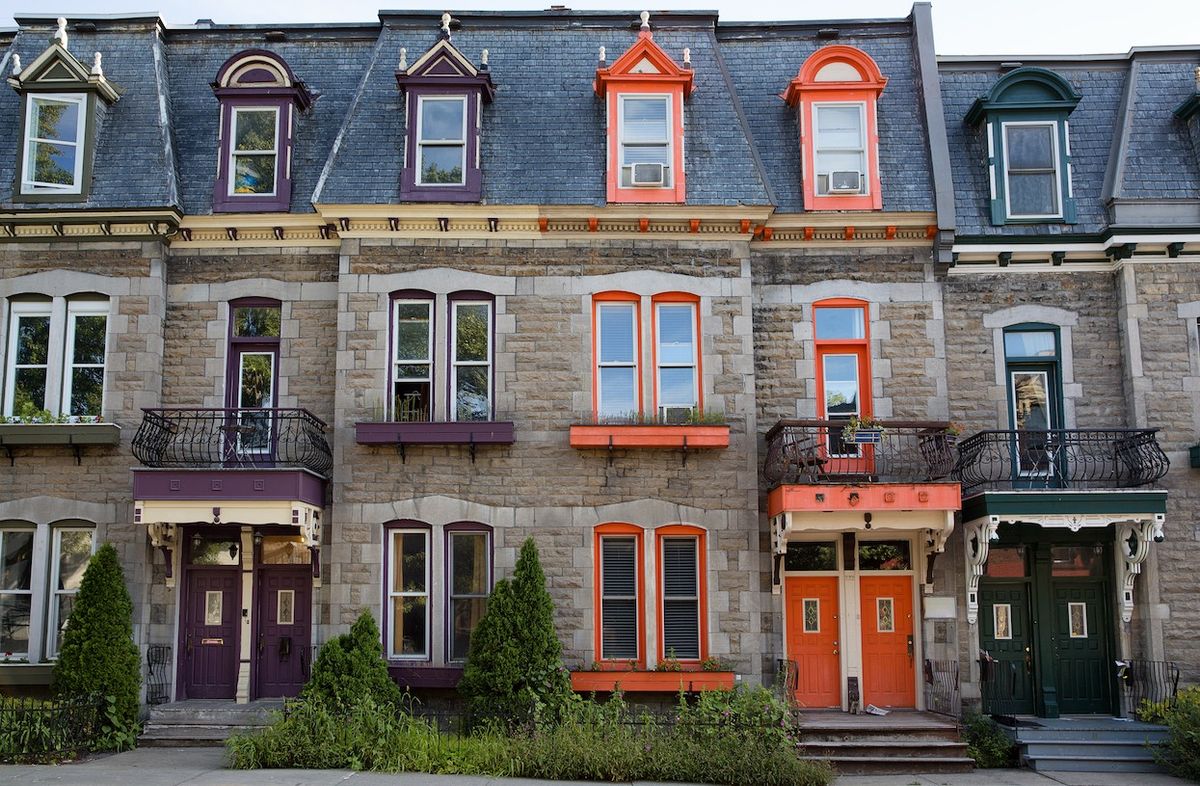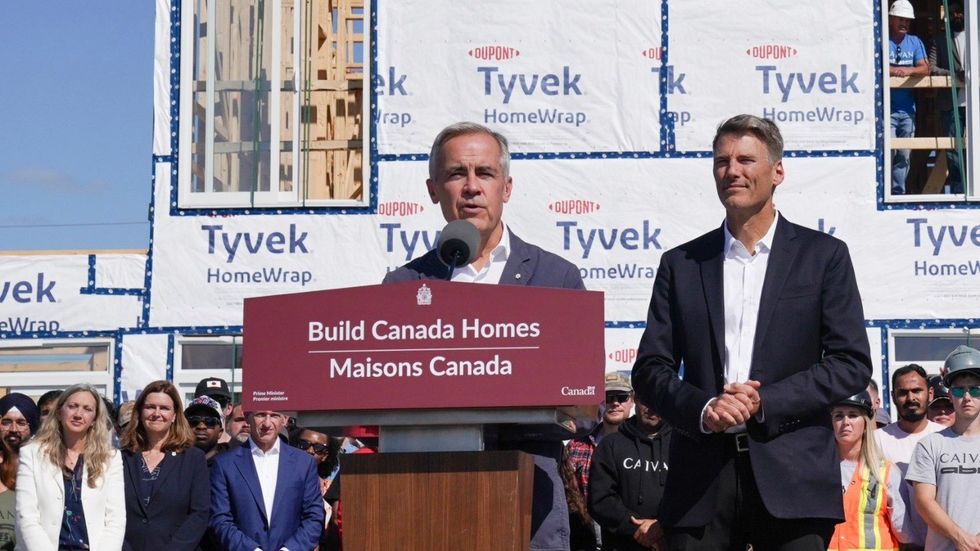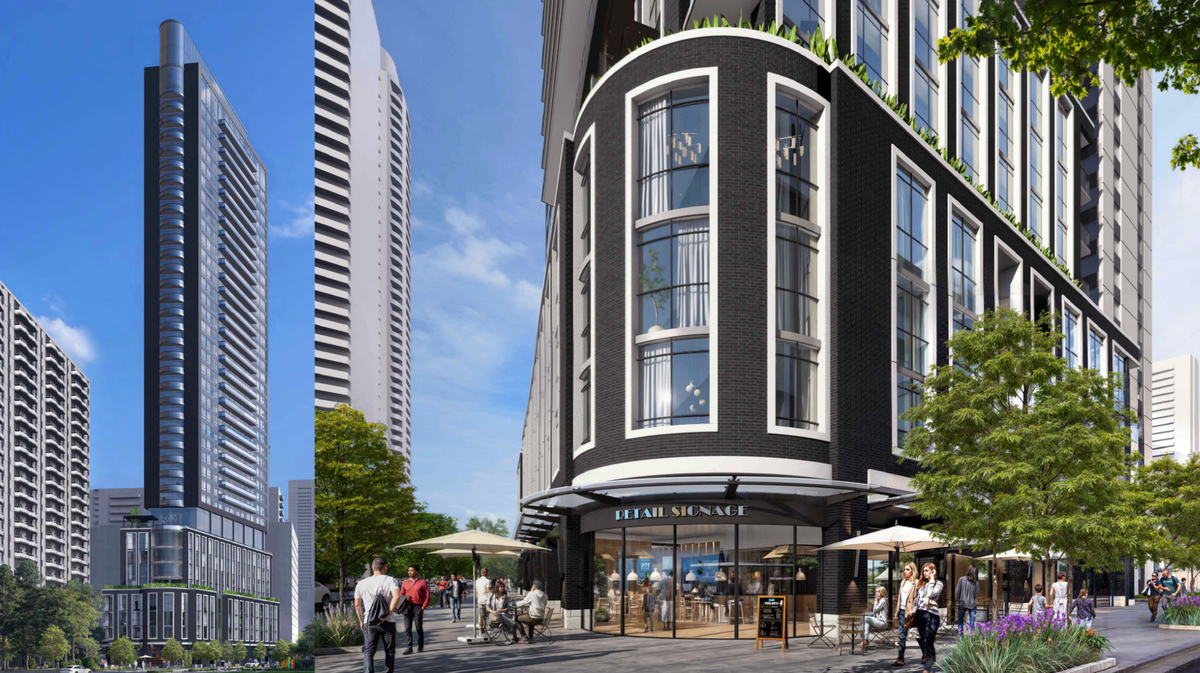As one of the new faces on Toronto City Council and a former healthcare worker, police officer, and public school trustee, Chris Moise has stepped into his new post with fresh enthusiasm for the chronic problems facing Toronto Centre and the city at large. And he has a lot to say about housing, which should come as no surprise. Ward 13 is in the centre of it all -- affordability challenges, vulnerable populations, post-secondary students in crisis -- each issue layered over the next “like an onion,” he says. In a manner of speaking, Moise has his work cut out for him.
Now, just weeks after being sworn into office, Moise spoke with STOREYS about housing in Toronto and his plans for creating a safer and more affordable city.
Where do you think the major housing issues are in Ward 13 and our city, and what are your thoughts on tackling them?
It's no secret there's a housing crisis across the city and more broadly across the province. I’ve said in my platform, we need affordable housing, we need co-op housing, we need rental housing, and we need also condos because condos are how young people get into the market.
We have a lot of skilled people downtown. We have TMU, George Brown, and many other universities in the downtown core, and all these amazing, skilled people who want to live here. And because it's not affordable or sustainable for them, they move on elsewhere. Losing talent is important to consider. People want to live where they work and play. I’m fortunate that I live downtown, I work downtown, and I have business here, so I see the value in living where you work. Quality of life improves significantly when that happens.
My job at City Hall is to set the stage and make sure we're able to build the housing that’s needed with the help of the provincial and federal governments. We know the federal government is usually the one to build co-op housing, and they set aside $1.5B to actually build co-ops across the country. Toronto needs to tap into that and work with the private and non-profit sectors. I also feel it's my job to try to remove some of the barriers in accessing those funds because there are conditions on who can build and where they can build. If we're serious about tackling this housing crisis, we need to actually make sure we give people the resources and access to build.
Of the many issues facing our city, what do you see as the priority?
Building affordable housing, building supportive housing, and expanding social services. Toronto Centre has always been the ward where a lot of the social services have been. I think it’s important to build these services in peoples’ communities. In Scarborough, in Etobicoke, in North York. People are more successful when they are in the communities where their families and friends are. They want to stay in their communities, but they move here because that's where the services are.
This is not only a Toronto issue, but a broader issue. I think it's important other municipalities build housing that is needed, but also wrap-around services too. If you need a withdrawal management service or even a safe injection site -- these are things people need in their communities so they are safe. Housing is definitely a very important piece of it because housing builds communities.
You’ve spoken about addressing the interconnected nature of housing, mental health, and addiction -- talk to us about that.
One of the issues we have in Toronto Centre specifically is around people with addictions and mental health and how they’re housed. Currently, we have encampments in Allan Gardens -- we have to do our best to get these people in temporary or permanent housing.
The city has put out a winter strategy to house people. One of the concerns I have with that is we should have a 12-month strategy, not just a seasonal strategy in place. People die both in winter and summer. We have extreme temperatures here. The city has leased spaces to house people in the Bond Place Hotel and The Esplanade Hotel, but again, those are short-term measures.
We need to build more supportive housing because people who are un-house for more than five years don't have the skill set to actually remain housed. We need transitional housing, and we need to be supporting the social agencies that can support these people.
What are your thoughts on Bill 23?
I know the City is looking to give Toronto lands to non-profit organizations so they can build affordable housing -- and I support that. But one of the concerns I have is with Bill 23. The province has said they want to build more housing, and that was one of the reasons they brought forth the strong mayor powers, so the mayor can actually expedite new housing. But Bill 23, the way it stands, it actually removes a lot of the safeguards in place to keep people housed.
In Toronto Center, for example, if you look at St. James Town, the majority of the housing there is rental and the majority of the properties there are owned by one entity. With the safeguards being removed through Bill 23, the owner can say, 'the people who have been living there for 20, 30 years can no longer stay.’ They can arbitrarily be removed, and the owner can bring someone in at a market rate or higher. I don't understand what the province doing. To me, it's really contradictory and harmful to the city.
And when it comes to reducing and removing development charges -- the City uses those funds to actually keep people housed affordably. We lose about $230M if we do not get development charges from developers. This is very concerning to me, my council colleagues, and the mayor himself.
The rental market is rampant in Toronto, and post-secondary students are finding themselves being pushed out. How do you plan to make rental housing more accessible for students?
With TMU, for example, there are opportunities for them to actually build more housing. When I read they had rescinded planned student housing -- that just brings me to the point I made earlier about bringing people here and retaining them. People won’t come to Toronto if they don’t have somewhere to live or something affordable. I'm encouraging the university to reconsider that option, to create more housing for students, not less. And if the university were to partner with other agencies or the City, we can keep the cost lower.
That's important to me. And it's important to the students within my ward, and quite frankly, across the city. Let's support our students. For them to succeed in their programs, they have to be able to afford to live here and not be working two or three jobs just to pay their rent. If they’re not focused on their educations, they may not be as successful.
These answers have been edited and condensed for clarity. Cover photo via chrismoise.ca.
